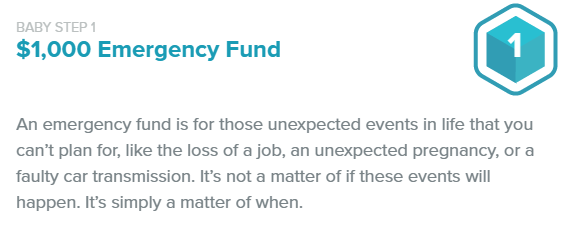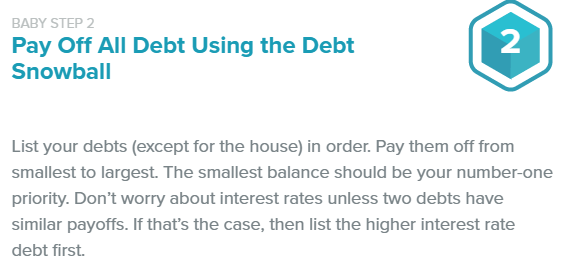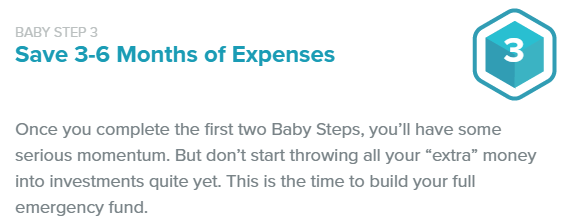The nasty B word
- Admin
- Feb 24, 2017
- 5 min read

It's not what you think... come on people, I am talking about a BUDGET. What is a budget? How do you budget? Why is a budget important?
Well, you are in the right spot because I am a SUPER nerd when it comes to this nasty word. Before we got our act together, I thought budgeting was a pretty excel spreadsheet that I would fill out and not look at again until the next month. WRONG-O! Sticking to the written budget is a whole new ballgame... and THAT's the one we need to master.
A budget is a plan for your money BEFORE you spend your money, before the month begins. Putting every dollar to a job & has a name. This way, you don't wonder where your hard earned money went - you TOLD it where to go.
Why is this important? When you are setting your financial goals, whether it's paying off debt or saving for a family vacation, you have to live on X and put the rest towards your goal. If your money is wandering off, then it's not going towards your goals.
Where do I start? This can seem like an overwhelming task, but once you get through the initial budget meeting, it will get easier - I promise... but it has to get worse before it can get better! Many of you have no clue where your money is going every month, why you are living paycheck to paycheck, and why you are making money, but feel broke. When you start looking at your spending habits, let's just say... it aint gonna be pretty! You will notice how ridiculous spending $800 on eating out really is... holy moly!
Here are some easy steps to get started:
1) Go through the last full month bank statement & add up what you spent on NON-NECESSITIES, like eating out, liquor store, unnecessary shopping trips - pretty much anything you don't pay for on a regular monthly basis...
2) Using your bank statement, add up the UNNEEDED monthly subscriptions, like magazines, clubs, etc.
3) Using your bank statement, write down each monthly bill you pay, the due date & the amount.
4) Using your bank statement, write down how much total in the month you spent on:
Fuel for vehicles
Childcare expenses (if not in the monthly above)
Groceries & household supplies
Any other non-monthly expense that will be re-occurring
Okay, now BREATHE -- and refrain from choking your spouse or pointing fingers. Today is your new beginning to financial responsibility & ultimately freedom!
Let's create our budget for next month:
I recommend starting out with www.everydollar.com which is a free budgeting tool to keep you and your spouse LIVING the budget, not just WRITING the budget. Every Dollar let's you see your money at a month's glance. I use this instead of an excel spreadsheet.
From here, enter your expected income. If you don't know what your paycheck is every time, determine a "lowest paycheck amount" and use that. Consider anything extra - as extra. Extra money is great because you can put it directly to your financial GOALS since you know your household can operate without it. ALSO - your budget will be different each month. Things come up like car tags, birthdays, baby showers, holidays, etc. that you have to plan for.

Look at you! You are budgeting!! Isn't this FUN?! Okay... my nerdiness is really coming out.
NEXT - determine how you want to organize your categories. Here is how I categorize mine:
Baby Step Goal
this is the EXTRA money in your budget to work towards what your current goal is: pay off debt, save for your emergency fund, etc.
Monthly Expenses
All of your monthly expected utilities & expenses. Be sure to put them in order of due date & add the date/amount after the bill name.
Bi-Weekly Expenses
Fuel
Daycare
Spending money (we each get $40 every 2 weeks to spend on whatever we want - no questions asked)
Groceries & Supplies
This month priorities
If you have extra things you need to set aside money for such as birthdays, dinner plans, etc.) Be prepared for these things, they will creep up if you do not plan ahead. You can also have a "Misc." category each month for the "forgotten" items.
Sinking Funds - be careful not to have too many of these, but have a category available in case you have an extra few bucks to set aside for these larger costing items that will help to save for them over time. Too many sinking funds will drastically reduce your cash flow, so I suggest only a few.
Kids Birthday parties
Christmas
Taxes
Car Tags
GREAT JOB! Pat yourself on the back, you just created your first BUDGET. Now... that wasn't so bad, was it?! Okay... I won't ask again.
You may have to mess around with what you can AFFORD each month - reduce the grocery bill, cancel some of those subscriptions, cancel your cable & get Netflix/Hulu for a fraction of the cost, call your cell phone company to reduce your bill. I want you to SQUEEZE every last penny you can get out of your current budget.
Here is your goal: What is the MOST amount of money we can have left over AFTER everything is paid that MUST be paid to keep my home running well.
If you have debt, I recommend you follow Dave Ramsey's Baby Steps. Below is the first 3 steps that you will focus on first.
Your budget is your TOOL to help you graduate each step. The purpose of living like no one else now, so later you can live and give like no one else is to sacrifice now for a SHORT period of time, so later you can live the rest of your life free of financial burden.
If you have additional budgeting questions, feel free to ask. I would be happy to help.
If you are an advanced budget-er or get paid on an every 2 week basis, I recommend www,ynab.com. YNAB is what I personally use to reconcile my spending with my budget. It is not a monthly view like everydollar (which you need!), rather a "What do I need to spend my dollars on until I get paid next" which helps your cashflow planning. YNAB has endless training and tools online, I recommend you check it out!
Clarify: I use everydollar instead of an excel spreadsheet to see my monthly view, but pay for YNAB yearly ($45) and use daily to track my spending with my budget.










































Comments